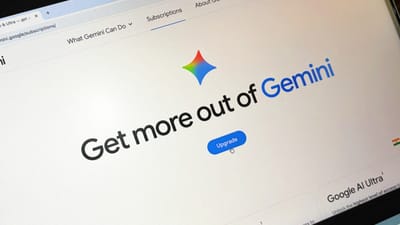
OpenAI Appoints Slack CEO Denise Dresser as Chief Revenue Officer
OpenAI announced that Denise Dresser, the former CEO of Slack and longtime Salesforce executive, will join the AI firm as chief revenue officer. In her new role, Dresser will guide global revenue strategy and help expand AI adoption across businesses. The move follows OpenAI's recent for‑profit restructuring and its push to serve more than one million business customers while hundreds of millions use ChatGPT weekly.










